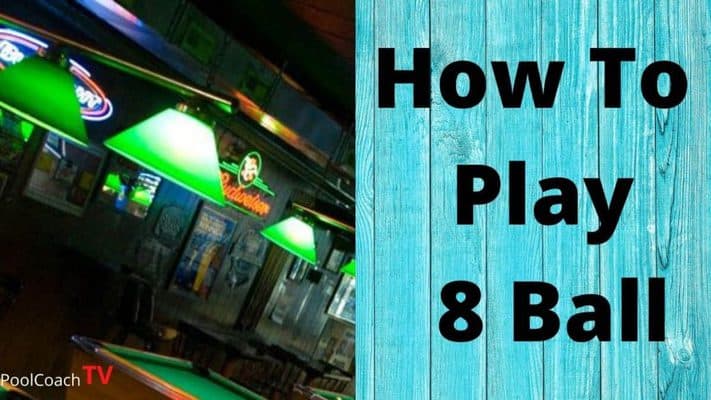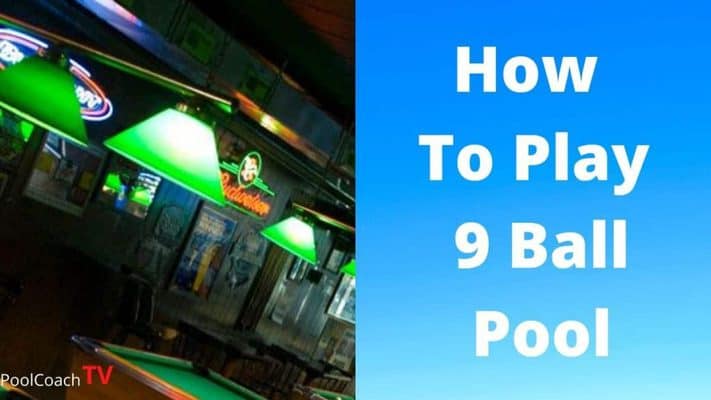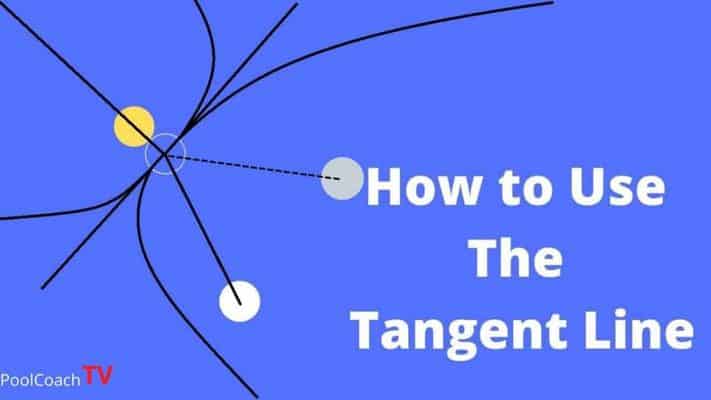If you want to play pool like a professional you had better learn how to practice like one.
Contrary to popular belief, great pool players are not born playing like champions, they had to work hard in practice first. Yes of course, some people are more gifted than others and display natural talents from an early age. This sport is littered with talented players who didn’t make it to the top for one reason or another. I am sure that some of their reasons are valid but most of them didn’t put in enough serious work.
On the other side of the coin there are players with limited natural abilities who have worked hard to achieve their success.
You have to put the time in on the table.
Muscle memory and repetition matter a lot.
What Do I Need To Practice?
- Fundamentals
- games
- drills
- shots
- position/shape
- Kicking
- Jump shots
- patterns
- The break
- The lag
How Long Should I Practice?
Quality over quantity at all times.
Endlessly practicing nothing in particular will achieve very little.
Banging in your favorite shots, showing off to the rail birds has a place, but not when practicing.
If you have limited time to spend on the table then it is even more important to plan out your sessions correctly.
Two hours of practice playing 10 – 12 minutes on each of the above areas will work over time.
Maybe you have a full time job.
Perhaps you have a young family.
If you are lucky you have cash and plenty of time.
Your game and future.
Should I Play Alone or with a Practice Partner?
Play alone most of the time.
I would only practice with a partner to simulate match play.
Why?
Because when you play alone you have the opportunity to work on a specific skill or an area of weakness. You set the rules, the goals and the expectations.
Playing with a partner limits your time at the table and prevents you from working on an area of weakness.
Should I have any Goals.
Yes!
They should be specific to you and your game: What could you do better, what would make you a better player?
Set up the shots that you missed but should have made in your last match.
Good routines to practice are designed to improve your game.
Set the goal, set the time period, set the reward, work on the skill and finally access the results making adjustments to the goal if necessary.
I used to play the line up at snooker, make a 50 break within 1 hour, get a cup of tea or coffee if I succeeded. Adjust the break up or down as needed.
Do I Need a Coach with me While I Practice?
I always think that a new player with potential will benefit the most from having good advice early on in their playing career. A few pointers in the right direction can take years off the learning process.
Once you have the basics your needs may change. You might need a coach’s help every once in a while.
What type of coach?
- Fundamentals – stance, stroke, aiming, bridge.
- Tactical – match play, safety, shape, patterns.
- Psychological – the mental game, discipline, visualization, winning, attitude.
- Positive influence – just being there as a positive role model and advisor.
Depending on your level of play you can get a wide variety of help from a Coach. The needs of a player change as they make progress in their ability.
Help can range from learning how to stand to just having a knowledgeable, silent observer.
There may be times when you are struggling with a specific aspect of your game and need expert help.
Make Your Practice Fun!
It’s how you will learn, how you will improve and how you will spend a large chunk of your life if you are serious. Make your practice fun!
Have you ever seen a child learning a new skill?
Not just the basics, a child will experiment, test and explore every aspect of the exciting new skill with excitement and passion.
Learn what works and what doesn’t work, test the limits of your ability.
Make practice it’s own game and not just a means to an end.


